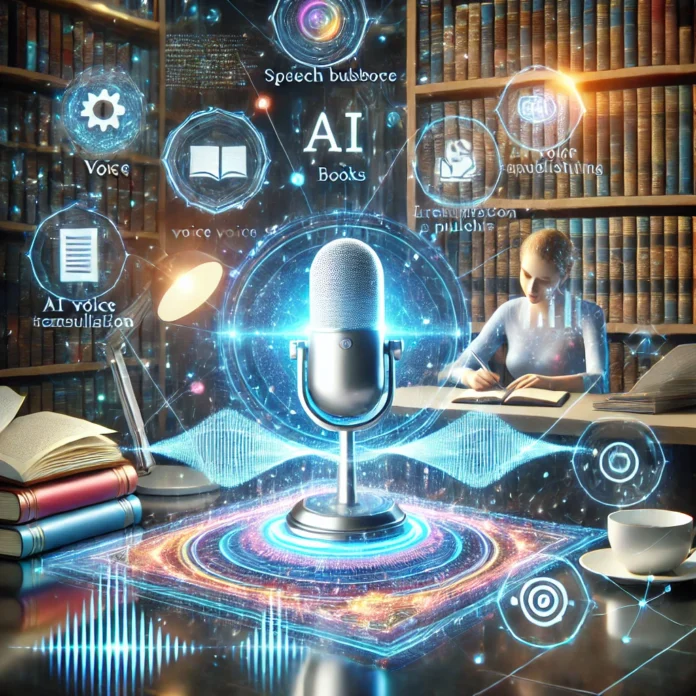In the rapidly evolving world of artificial intelligence, voice technology has emerged as a powerful tool for writers, publishers, and content creators. Recent advancements in AI voice generation have made it easier than ever to transform written text into natural-sounding audio, opening up new opportunities for storytelling, education, and entertainment. This article explores how AI voice tools are reshaping the literary landscape and highlights some of the most innovative platforms available today.
AI Voice Tools: A Game-Changer for Writers
AI voice generators are now being used by authors and publishers to bring their stories to life in audio format. These tools allow writers to convert their manuscripts into engaging audiobooks, making their work accessible to a wider audience. With features like emotion detection and customizable voices, AI-generated audio can mimic human speech with remarkable accuracy.
One such platform is Murf AI, which offers a free AI voice generator capable of producing natural-sounding voices that convey a wide range of emotions. This makes it an ideal choice for authors looking to create immersive audiobook experiences. Another notable tool is the AI voice generator featured in «Narrate Your Own Books with AI Voice Tools: A Guide for Writers,» which provides step-by-step instructions on how to use these technologies effectively.
The Rise of AI-Driven Audiobooks
As more writers embrace AI voice technology, the demand for audiobooks is expected to grow significantly. According to industry reports, the global audiobook market is projected to reach $10 billion by 2025, driven largely by the increasing adoption of AI-driven narration. This trend is not only beneficial for authors but also for readers who prefer listening to books while commuting, exercising, or multitasking.
Moreover, AI voice tools are helping to democratize the publishing process. Traditional audiobook production can be expensive and time-consuming, but with AI, authors can now produce high-quality narrations at a fraction of the cost. This has led to a surge in independent authors and small publishers entering the market, further diversifying the literary landscape.
Ethical Considerations and Regulatory Challenges
While the benefits of AI voice technology are clear, there are also ethical and regulatory challenges that need to be addressed. One of the main concerns is the potential misuse of AI-generated voices, particularly in the context of deepfake technology. As highlighted in a recent paper titled AI and Deepfake Voice Cloning: Innovation, Copyright and Artists, there is a growing need for regulations that protect artists’ rights and ensure transparency in the use of AI-generated content.
Additionally, the issue of content provenance has become increasingly important. With the rise of AI-generated content, there is a need for clear disclosure requirements to inform audiences about the origin of the material they consume. A report by Global Voices Fellow emphasizes the importance of establishing legal frameworks that promote accountability and trust in AI-generated media.
Conclusion
AI voice technology is revolutionizing the way writers and publishers create and distribute content. From converting text into audio to enhancing the storytelling experience, these tools are opening up new possibilities for the literary world. However, as the technology continues to evolve, it is essential to address the ethical and regulatory challenges that come with it.
As the demand for audiobooks grows and AI voice tools become more sophisticated, we can expect to see even more innovation in this space. For writers and publishers, the future looks brighter than ever, thanks to the power of artificial intelligence.




